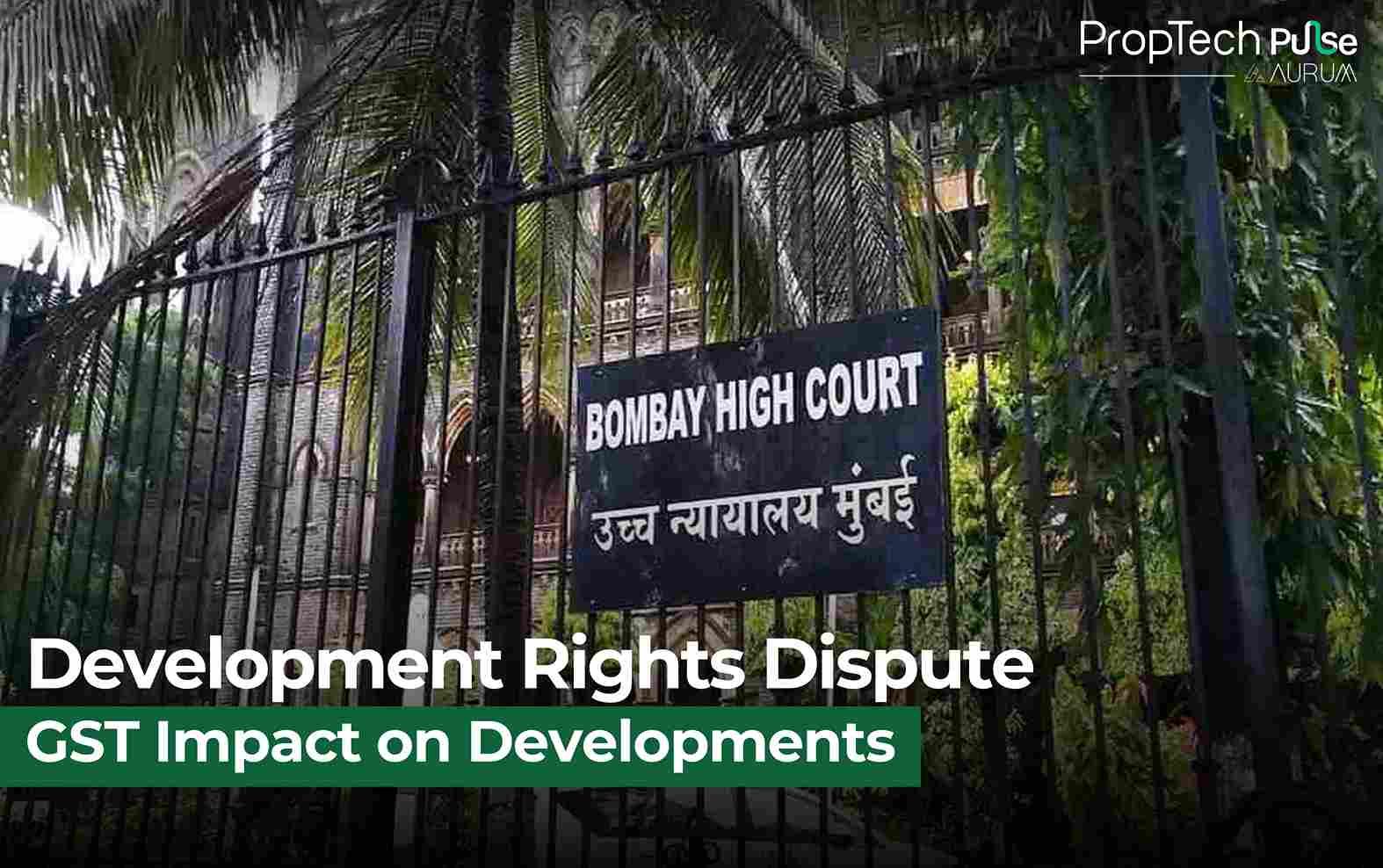
The Emerging Legal Battle in Real Estate
India’s real estate sector is currently witnessing a high-stakes legal battle centered around the application of GST on joint development agreements JDAs This dispute now before the Bombay High Court involves landowners and developers caught in a complex web of tax demands and legal uncertainties
The Origin of the GST Demand
The controversy began when a group of landowners received a GST demand of nearly ₹50 crore from the Central GST authority in Nashik for the financial year 2017-18 Authorities maintain that an 18 percent GST should be levied on the total value of sales under these revenue-sharing JDAs However developers and landowners argue that the transaction involves the sale of land which is constitutionally exempt from GST and not a taxable service
Understanding the Joint Development Agreement Model
In a typical JDA landowners contribute land while developers construct the property sharing a portion of the finished units or the revenue generated Developers contend that no sale is made to landowners in this arrangement and thus GST should not be applicable The petitioners challenge key government notifications issued in 2018 asserting that the tax authorities are attempting to impose GST on transactions that are constitutionally exempt
Legal Arguments from Landowners
Abhishek A Rastogi of Rastogi Chambers representing the landowners argues that development rights are inseparable from land ownership and cannot be artificially separated to impose tax He emphasizes that legal amendments must be interpreted in harmony with constitutional principles stating You can’t split land and its rights just to impose tax
Court’s Interim Relief and Key Questions
Recognizing the seriousness of the issue the Bombay High Court has granted interim relief by staying any enforcement action and directing the tax authorities to respond within four weeks The court acknowledged that the case raises fundamental questions about the nature of these transactions who is liable for tax and at what point tax liability arises
Complexities in GST Law and Recent Developments
Recent legal developments have added complexity to the matter Some judgments have ruled that GST does not apply when there is no explicit transfer of development rights or floor space index FSI while others have held such transfers taxable as services Since April 2019 the GST regime has introduced nuanced exemptions and reverse charge mechanisms further complicating the tax treatment of both area-sharing and revenue-sharing JDAs
Potential Impact on the Real Estate Sector
Industry experts believe the court’s decision could fundamentally reshape how redevelopment projects and property deals are structured across India A ruling favoring landowners may compel the government to revisit its GST policies on JDAs whereas a decision supporting tax authorities could set a precedent with wide-ranging consequences for the real estate sector
The Road Ahead Watching the Verdict
As urban growth and redevelopment projects continue to drive the market the Bombay High Court’s verdict is being closely watched as a critical test of how tax law aligns with economic realities and constitutional boundaries The outcome may also influence the recommendations of the GST Council’s Group of Ministers on real estate which has yet to provide clear guidance on this issue.
Unlock the Latest in Real Estate
News, Infographics, Blogs & More! Delivered to your inbox.
“Data that drives action. Insight that inspires action. Technology that empowers action.“
“Data that drives action.
Insight that inspires action.
Technology that empowers action.“









